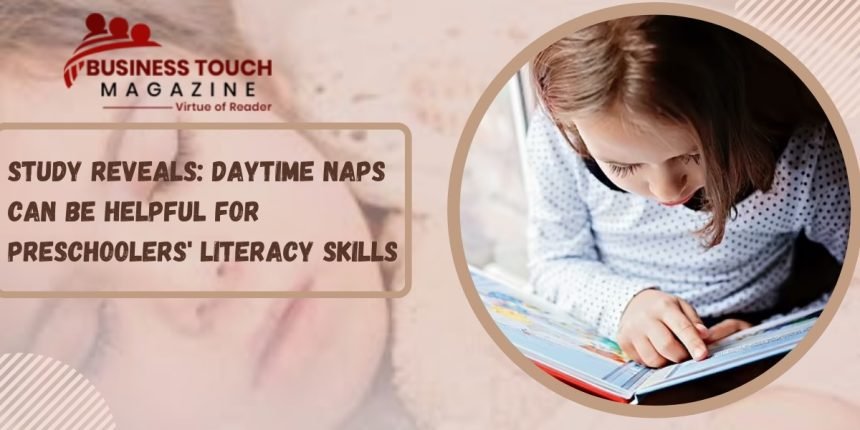Sleep researchers at the University of Massachusetts Amherst today offer research results showing that classroom naps support learning in preschool children by enhancing memory. Children who napped performed significantly better on a visual-spatial task in the afternoon after a nap and the next day than those who did not nap.
Research psychologist Rebecca Spencer, say their results suggest naps are critical for memory consolidation and early learning, based on their study of more than 40 preschool children.
“Essentially we are the first to report evidence that naps are important for preschool children,” Spencer says. “Our study shows that naps help the kids better remember what they are learning in preschool.”
When children learn to read, they have to work out the connections between the sounds they hear in words and the letters they read. Known as letter-sound mapping, this skill ultimately helps young people to build word recognition and decoding skills that improve fluency in both reading and writing. Previous research has shown that proficiency in letter-sound mapping in young children is strongly associated with later reading success, but there is little research about the relationship between sleep, memory development, and literacy skills.
It is common practice to allow preschool children to nap during the daytime, and researchers from Macquarie University in Australia, the University of Oxford, the University of York and the University of Sheffield wondered what impact these short periods of sleep would have on the acquisition of letter-sound skills. They monitored the learning progress of thirty-two three-to-five-year-old children from two day-care centres in Sydney, Australia, who napped regularly.
The knowledge gained during training was also reassessed one day later, to determine whether any effect of napping on learning was retained. Each session assessed letter-sound mappings and used explicit learning and knowledge generalization tasks.
The results of the study, published in the journal Child Development, find that a daytime nap improves a child’s ability to learn letter sounds and to transfer this newly learned knowledge to the recognition of printed letters in a word; this implies that naps could be beneficial for preschool children’s learning of letter-sound mappings.
“Having a nap after learning might facilitate the capacity to utilize newly learned information in a new task,” said Hua-Chen Wang, Lecturer in the School of Education at Macquarie University. “We found a positive nap effect on children’s learning of letter-sound mappings, and in particular, on using that knowledge to read unfamiliar words.”
The researchers hypothesized that, if a nap benefits a child’s letter-sound skills, then children who napped would perform better on both the explicit learning tasks (when children were asked to produce or recognize the letter sounds, they learned earlier) and knowledge transfer tasks (when children were asked to identify unfamiliar words containing the letter sounds, they learned earlier). The findings showed that napping did positively affect performance on the knowledge transfer test. Furthermore, this nap benefit was maintained the following day.




